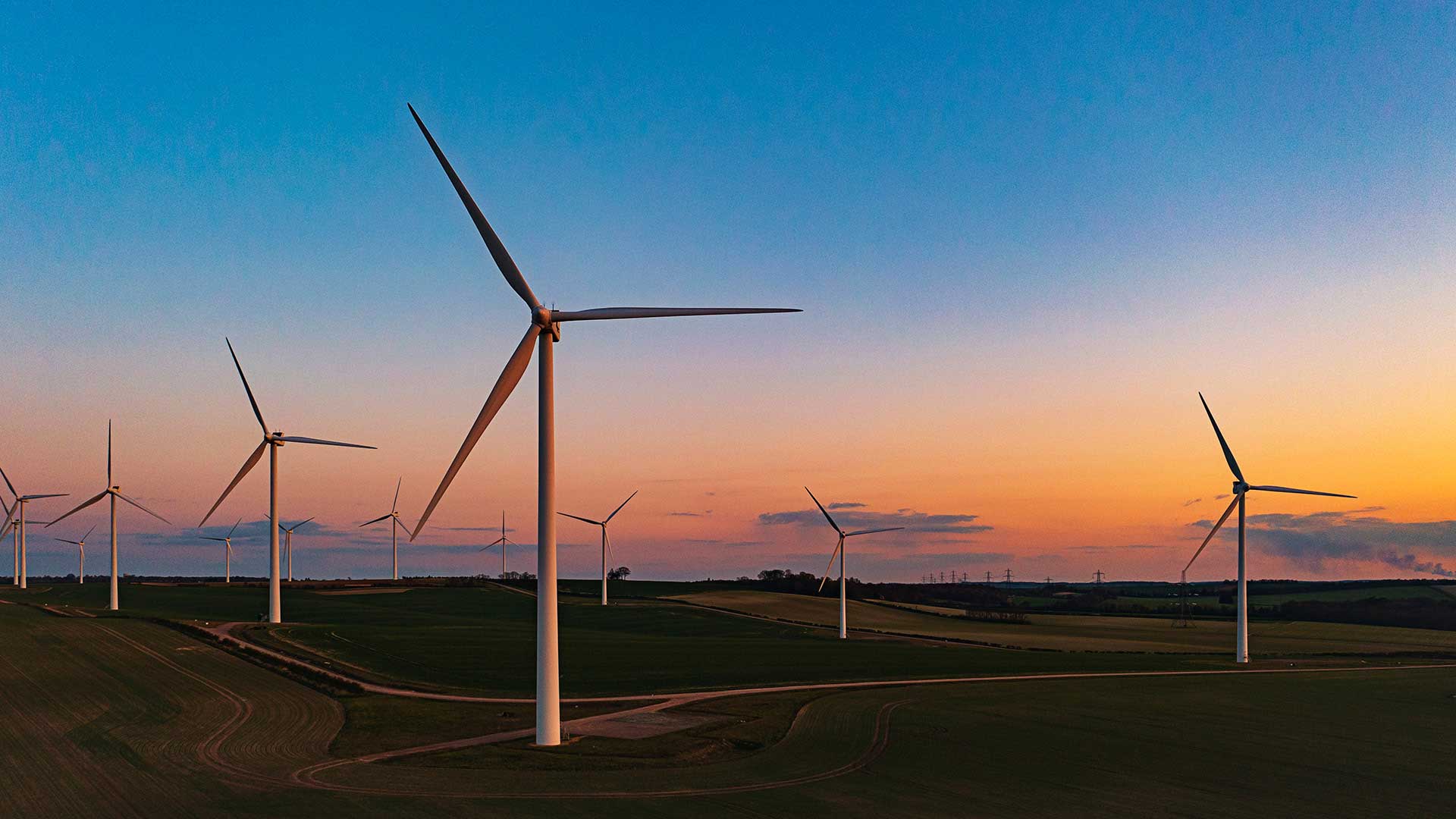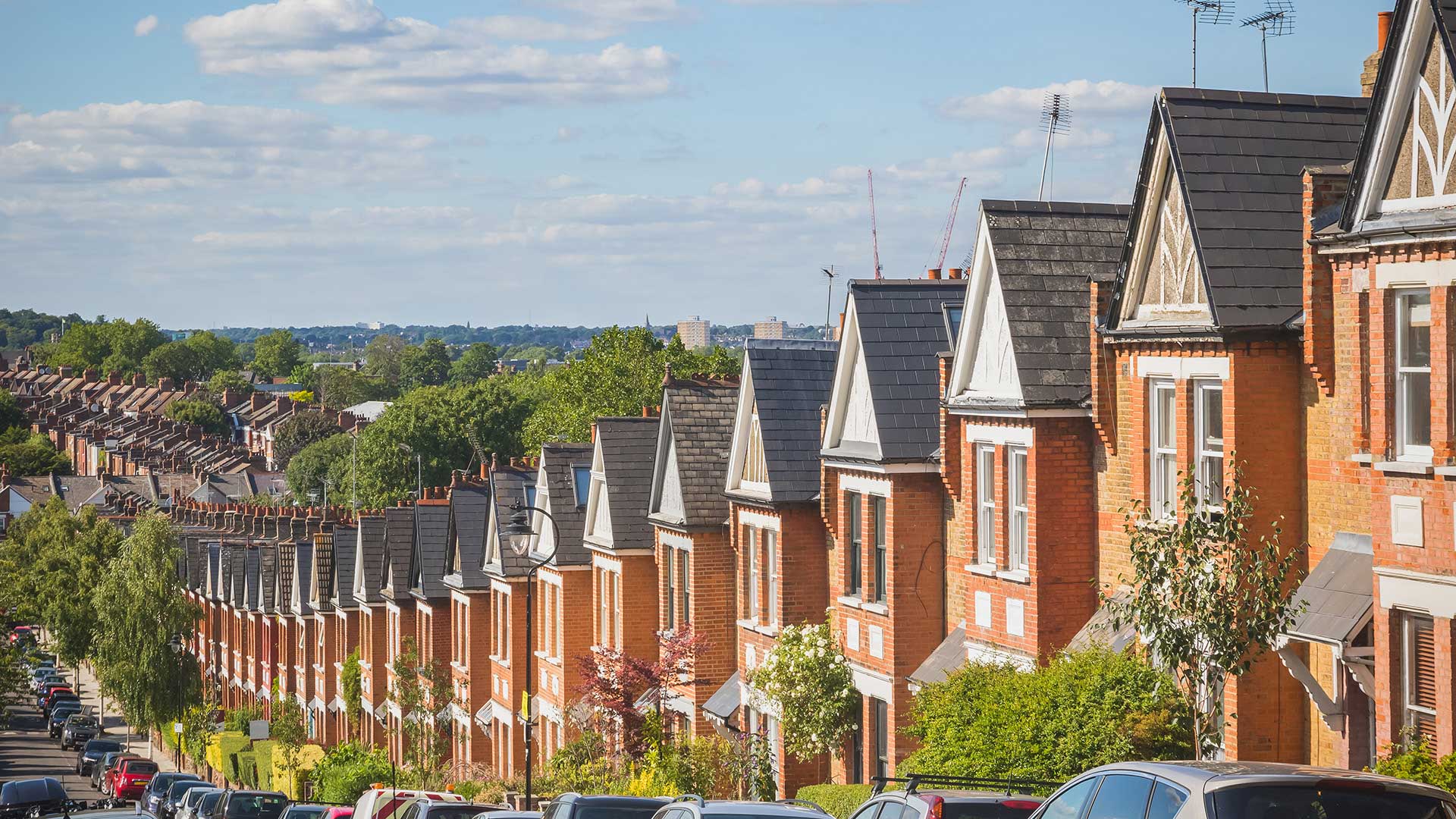Sections
24 November 2022, London – Our latest barometer reveals that almost a third of working Britons think their job is now less secure than it was a year ago and over three quarters of Britons think the economy is doing worse than it was a year ago. Two-thirds are concerned about climate change, and half rate global co-operation to tackle climate change as poor.
These findings come off the back of the Autumn Statement from the Chancellor on 17 November and the conclusion of COP27 on 18 November as Kantar Public’s research took place between the afternoon of 17 November and 21 November 2022.
Key findings include:
- The British public remain pessimistic about the state of the economy:
Nearly a third (30%) of working Britons think their job is less secure than it was a year ago (+9 Vs September). - Three quarters of Britons (77%) think the British economy is doing worse than it was a year ago (+4 Vs September 2022). This figure has risen considerably in the last 10 months – it was 39% in January 20222.
When asked about the Chancellor’s Autumn statement:
- 27% thought the measures were about right to help the economy.
- 22% thought that the measures did not go far enough.
- 15% thought they went too far.
- 36% said they do not know
- 65% of Britons are very/fairly concerned about climate change and its consequences, while a quarter (24%) are not very/not at all concerned.
However, when thinking of the top three most important priorities for the UK government, only 19% cite tackling climate change and protecting the environment. This is less of a priority than reducing the cost of living (44%), investing more in NHS capacity (32%), growing the UK economy (24%), ensuring there won’t be energy shortages this winter (24%), and stricter border controls to reduce immigration (20%)
Half of Britons (49%) rate global cooperation to tackle climate change as fairly/very poor. While 21% rate it as very/fairly good. Only a quarter (23%) think the UK government is handling tackling climate change very or fairly well
Britons are divided over whether they support recent strikes around pay and conditions announced by a number of professional bodies.
- 42% strongly/slightly support the strikes
- 39% strongly/slightly oppose the strikes
- 19% of Britons don’t know
More detailed analysis on themes
1. Household-level economic situation
Britons continue to be pessimistic about the economy, with over three quarters thinking the British economy is doing worse than it was a year ago:
- Nearly a third (30%) of working Britons think their job is less secure than it was a year ago (+9 Vs September). 48% rate their job security as being much the same as a year ago (nc).
77% think the British economy is doing worse than it was a year ago (+4 Vs September 2022). 18% think it is doing much the same (-5) but only 4% think it is doing better (nc). - Just under half of Britons (46%) think that the British economy will be doing worse than it is now in a years’ time (-5 Vs September 2022). 14% think that it will be doing better than it is now (+3).
- Around three quarters of Britons (73%, nc Vs September 2022) think the government is handling the cost of living crisis very/fairly poorly. 17% (-1) think the government has handled the crisis very/fairly well. 11% are not sure (+2).
- A quarter of Britons (24%) think the British economy would benefit most from a reduction in government spending (+1 Vs September 2022). 21% think it would benefit from an increase in government spending (-7), and 17% think it would benefit most from no change in spending (+3). 39% of Britons are unsure (+4).
- When asked about the Chancellor’s Autumn statement, 27% thought the measures were about right to help the economy. 22% thought that the measures did not go far enough, while 15% thought they went too far. 36% did not know.
2. Climate Change
Britons are concerned about climate change and its consequences, and rate global cooperation on climate change poorly. But still see tackling climate change as a relatively low priority compared to other policy areas.
- 65% of Britons are very/fairly concerned about climate change and its consequences., while a quarter (24%) are not very/not at all concerned.
- Compared to polling we conducted immediately after COP26, Britons are now less sure about how they would rate global cooperation to tackle climate change:
- 29% of Britons don’t know how they would rate global cooperation (+12 vs November 2021)
- While the number who would rate global cooperation as very/fairly poor (49%, -7) or very/fairly good (21%, -6) have fallen, compared to November 2021.
Over half of Britons (55%) would rate the government’s handling of climate change as very/fairly poor (+1 Vs September 2022).
However, when thinking of the top three most important priorities for the UK government, only 19% (+3) cite tackling climate change and protecting the environment. This is less of a priority than other issues:
- Reducing the cost of living (44%, -6 Vs September 2022).
- Investing more in NHS capacity (32%, -3).
- Ensuring there won’t be energy shortages in the winter (24%, -4)
- Growing the UK’s economy (24%, nc)
- Stricter border controls (20%, +2)
3. Strikes
Britons are divided over whether they support recent strikes around pay and conditions announced by a number of professional bodies.
- 42% strongly/slightly support the strikes
- 73% of 2019 Labour voters strongly/slightly support the strikes
- 39% strongly/slightly oppose the strikes
- 62% of 2019 Conservative voters oppose the strikes
- 19% of Britons don’t know whether they support or oppose the strikes
5. Voting Intentions
- Labour 45% (+6 Vs September 2022*)
- Conservatives 30% (-5)
- Liberal Democrats 8% (-2)
- Reform UK 5% (+2)
- SNP 5% (nc)
- Green 4% (nc)
- UKIP 2% (nc)
- Other 2% (+1)
- Plaid Cymru 0% (-1)
*(NOTE: These changes are from our September Barometer, the majority of the fieldwork for the September Barometer was conducted before the mini budget announcement on Friday 23 September)
Methodological information
A total of 1,146 interviews were conducted online among adults living in Great Britain between the 31 August and 4 September 2023. All interviews were conducted online using the Kantar Research Express. The Kantar Profiles online access panel was the main sample source.
The data was weighted to match population totals for age, gender, 2019 General Election voting patterns, 2016 EU referendum voting patterns, education, region, and likelihood to vote in the next General Election. Any use of this research must cite Kantar Public as the source.
This Britain Barometer was issued under our former global brand name: Kantar Public.
Related insights

17 Apr 2025

03 Oct 2024
Our latest thinking
Subscribe to receive regular updates on our latest thinking and research across the public policy agenda
Our latest thinking
Subscribe to receive regular updates on our latest thinking and research from across the public policy agenda







